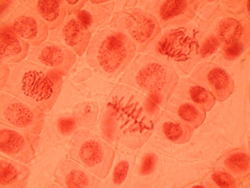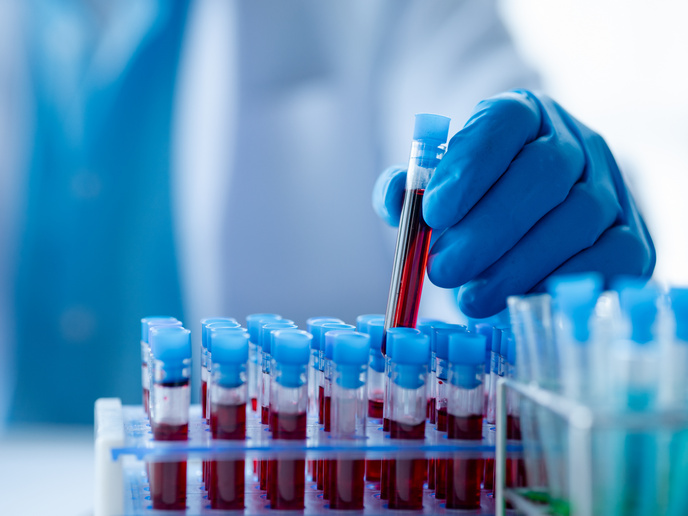Shedding light onto the process of mitosis
Cells pass down their genetic material to daughter cells by division. The process involves the duplication of the genetic material during the S-phase of the cell cycle and chromosome segregation during mitosis. Mitosis is a complex process that is poorly characterised at the molecular level. With this in mind, the EU-funded Mitocheck project aimed to further delineate the process of cell division in human cells. The key objective was to develop new technologies for analysing genes and proteins required for chromosome segregation. To achieve this goal, project partners performed a genome-wide RNA interference (RNAi) screen, whereby knocking down the expression of over 22,000 genes one by one, they could identify which proteins were central to mitosis. The effect of gene silencing was monitored by live cell imaging by automatic image analysis tools that were developed by Mitocheck. To facilitate phenotypic analysis of these genes in human cells, the Mitocheck project developed a pipeline for fast and reliable introduction of genes tagged in bacterial artificial chromosomes (BACs). Stable expression of these genes under their own promoters at physiological levels led to the characterisation of about 100 protein complexes involved in centrosome function, spindle assembly and chromosome segregation. Apart from providing important information about the molecular events that take place during the complex process of mitosis, Mitocheck developed tools for future high-throughput screens in mammalian cells.







